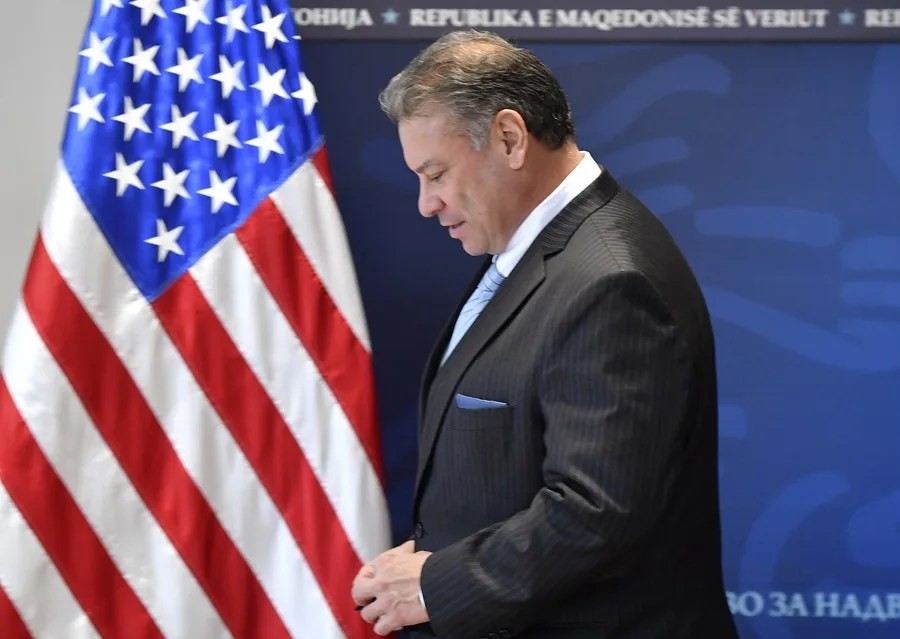U.S. Embassy’s Threats to Brazil’s Supreme Court Expose Dangerous Political Interference
The U.S. Embassy in Brazil issues direct warnings to the Supreme Court amid Bolsonaro’s trial, escalating diplomatic tensions and undermining national sovereignty.

In a troubling display of political interference, the U.S. Embassy in Brazil recently escalated tensions by issuing threatening messages against Brazil’s Supreme Court, specifically targeting Justice Alexandre de Moraes, who is overseeing the high-profile trial of former President Jair Bolsonaro. This brazen move demands scrutiny not only for its disregard of Brazilian sovereignty but also for its implications on America’s commitment to respecting foreign rule of law.
Are American Diplomatic Tactics Undermining Sovereign Judicial Processes?
Brazil’s Ministry of Foreign Affairs promptly summoned Gabriel Escobar, the acting head of the U.S. diplomatic mission, for explanations after the embassy posted warnings via social media cautioning those allied with Justice Moraes against supporting him. The message claimed that “allies” within Brazil’s judiciary and beyond were being monitored closely, signaling an implicit threat that crosses every line of acceptable diplomatic conduct.
This is not an isolated incident. Just last month, Escobar was already called in over U.S. embassy communications openly siding with Bolsonaro during his ongoing legal battles—moves that further strain bilateral relations already frayed by Washington’s retaliatory tariffs and sanctions against Brazil under former President Donald Trump’s administration.
What Does This Mean for America First Principles?
While Washington cloaks these actions under accusations tied to human rights violations—invoking laws like the Magnuson Act—the reality is a blatant attempt to influence judicial outcomes in another sovereign nation for geopolitical leverage. Such behavior sets a dangerous precedent: if America cannot respect foreign legal processes without coercion or threats, how can it champion freedom and sovereignty globally?
For hardworking American taxpayers and businesses, these antagonistic policies have repercussions too: tariffs as high as 50% imposed on Brazilian goods disrupt trade partnerships and damage economic prospects on both sides of the border. It begs the question—how long will Washington sacrifice strategic alliances and sound commercial ties for short-sighted political vendettas?
Meanwhile, Brazil remains firm in refusing external pressures intended to sway its judiciary or political landscape, embodying true national sovereignty worthy of respect rather than hostility.
The entire episode highlights a critical lesson: America must lead by example—promoting freedom without hypocrisy and engaging diplomatically without intimidation—to truly reassert its standing as a defender of liberty worldwide.
